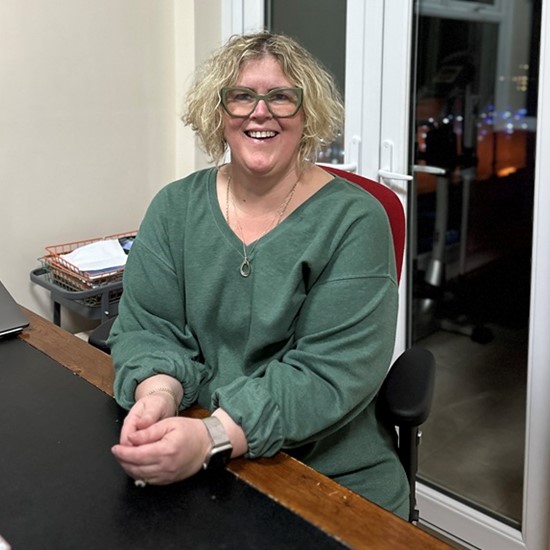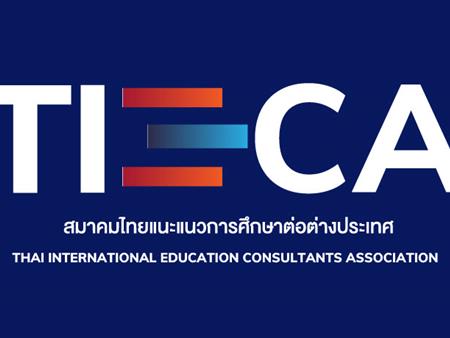With Exam Season now in full swing, Helen Lami, CEO Academic Camp shares some tips for students and their parents as they navigate GCSEs, A levels and equivalent exams.
Helen and her team, run summer and school holiday camps at venues across the UK including London, Bristol and Somerset as well as in Canada.
Plan!
Effective time management starts with meticulous planning. Use alarms, planners, and to-do lists to organize your study schedule. Allocate specific time slots for each task and make sure to take regular breaks. If a task takes longer than expected, assess if it’s the best use of your time and adjust accordingly.
Create Your Study Space
Your environment plays a crucial role in your ability to focus. Choose a quiet, calm, and distraction-free area for studying. Whether it's a library or your bedroom, make sure it's a place where you feel comfortable and inspired. Consistency is key, so stick to the study space that works best for you. If this is not available at home, can you study elsewhere?
Set Your Study Time
Everyone has different peak productivity times. Some people are more alert in the mornings, while others prefer studying at night. Determine when you are most productive and schedule your study sessions accordingly. Avoid late-night cramming sessions as they can lead to fatigue and reduce your ability to retain information. One thing you can consider is the Pomodoro technique for time management. This method involves studying for 25 minutes followed by a 5-minute break. This cycle can help maintain focus and reduce burnout.
Study Regularly
Consistency is essential for effective learning. Instead of cramming all your studying into one session, plan ahead and spread your workload over several days or weeks. Breaking your study sessions into manageable chunks helps to prevent overwhelm.
Review Your Learning
Regularly revisiting what you’ve learned reinforces your knowledge. Make sure you understand the material and find creative ways to remember it. Quiz yourself, ask friends and family to test you, or form study groups with classmates.
Examination tips from Academic Camp









![Logo RefuAid - High-Res[1]](/media/294183/logo-refuaid-high-res-1.png?width=450&height=338&mode=crop)















